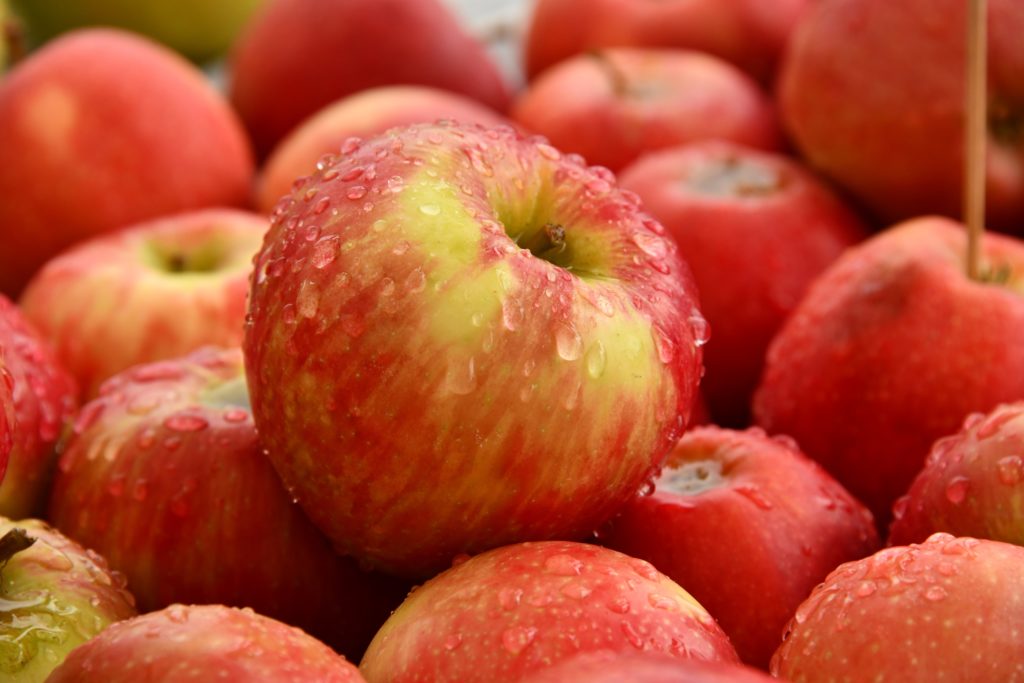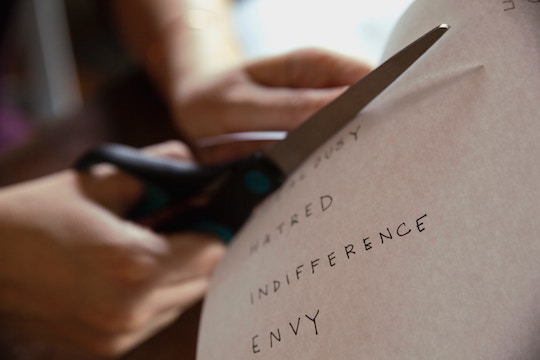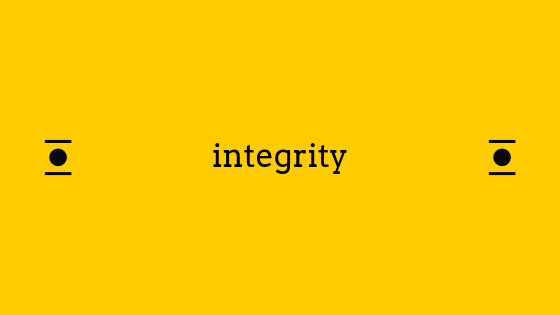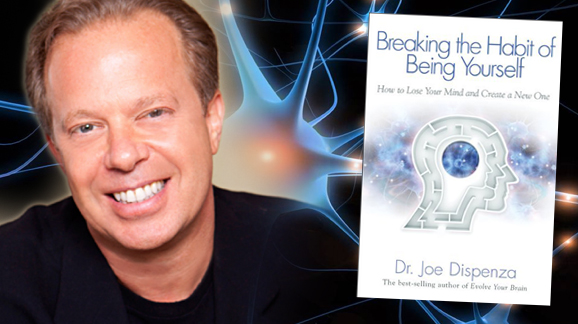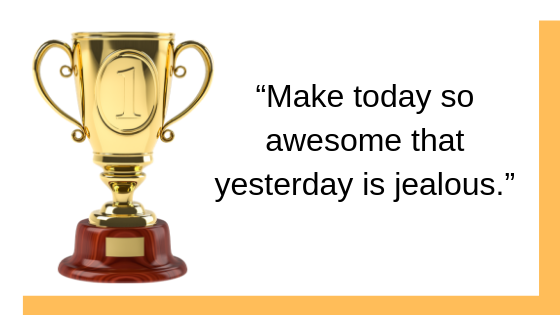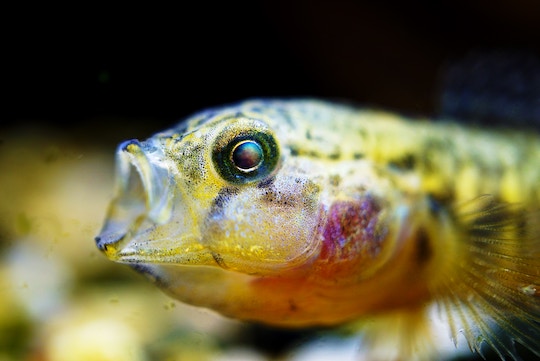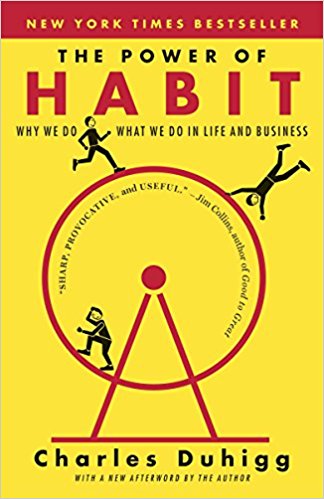“We do not appreciate inertia’s power over us.”
—Marshall Goldsmith, American leadership coach and author

Image from Unsplash by The Creative Exchange
Inertia is the tendency to do nothing or remain unchanged. With the social distancing, stay-at-home guidelines and other efforts to fight COVID-19, our world and our lives slowed down considerably.
What does a typical day look like for you?
Consider your vocational efforts, eating habits, sleep schedule, and level of exercise as places to look. Where in these and other important areas of life have you progressed, stayed about the same, or let the power of inertia have its way with you?
EXERCISE:
Where and in what ways can and will you break free of this force so that you can soar even higher and farther?


